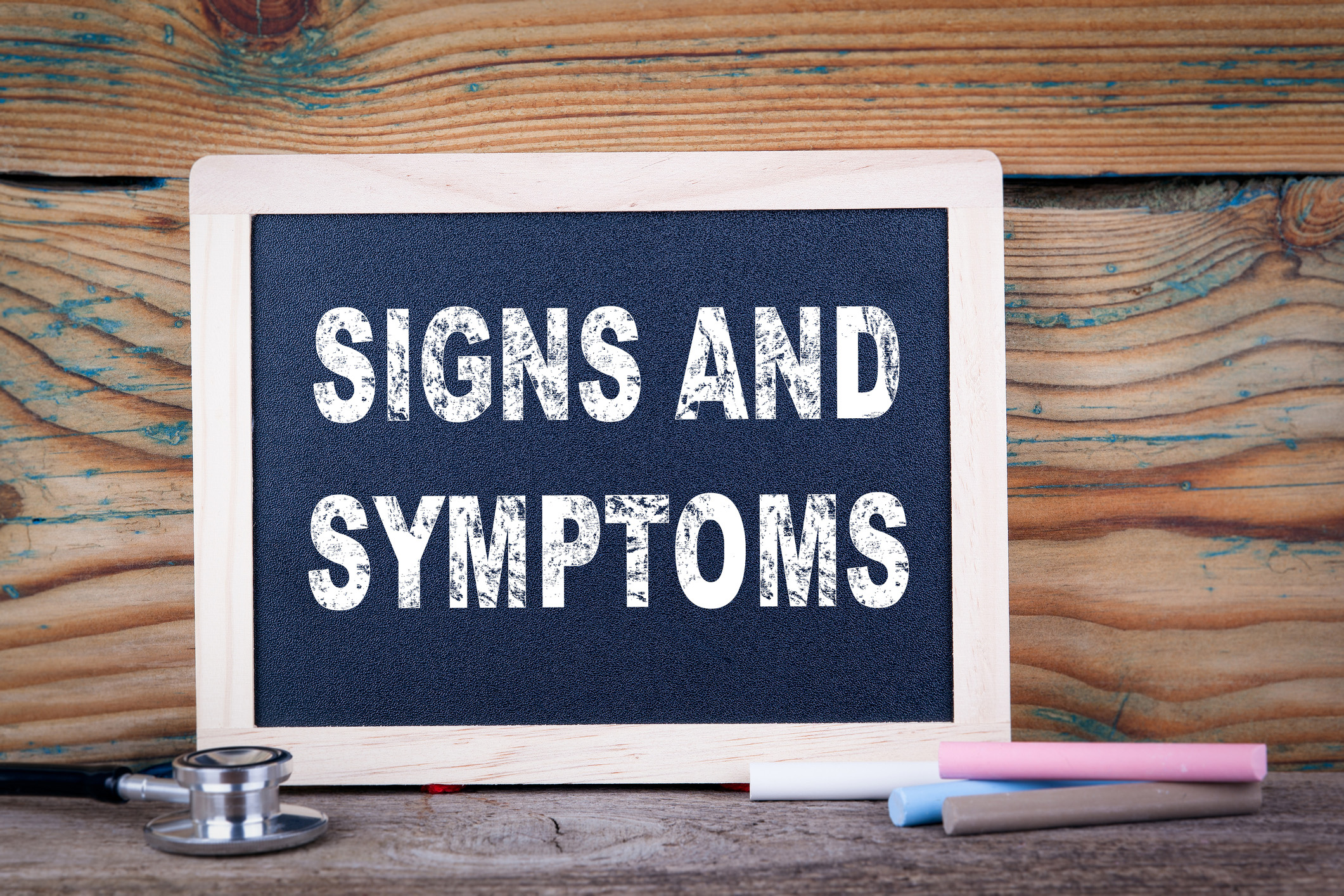As the scientific community learns more about COVID-19, additional symptoms of the virus have been added to the existing list by the U.S. Centers for Disease Control and Prevention. According to a recent National Public Radio update, the CDC has added chills, ongoing shivering from chills, muscle pain, headache, sore throat and a new loss of taste or smell to fever, cough and shortness of breath as indicators of the novel coronavirus. And older adults may have atypical symptoms that can include sleeping more than usual, stopping eating, becoming unusually confused or disoriented or collapsing.
Kaiser Health News reports that seniors infected with coronavirus may not demonstrate the usual symptoms but could seem just “off” to caregivers or loved ones. Elderly adults may not have the same immune system response to infection as younger people and other underlying health conditions can mask symptoms of illness. Seniors are more likely to become weakened and dehydrated from infection and may become disoriented and more likely to suffer a fall. Older adults also frequently experience delirium while hospitalized which can worsen lethargy and other symptoms of infection.
Geriatricians from hospitals and nursing homes in Switzerland, Italy and France are gathering data on atypical symptoms in older COVID-19 patients and their initial list includes delirium, falls, fatigue, lethargy, low blood pressure, painful swallowing, fainting, diarrhea, nausea, vomiting, abdominal pain and the loss of smell or taste. It’s important for loved ones and caregivers to pay close attention to changes in behavior among elderly adults. Routines have likely changed for seniors both in care facilities or at home in isolation; medication management may suffer, older adults may not be walking as much causing weakening muscles and lack of social interaction can lead to apathy or depression.
Symptoms of the novel coronavirus usually appear within two to 14 days after exposure and for the majority of people, symptoms are mild or unnoticeable. However, older adults and people with underlying health conditions like heart or lung disease or diabetes have a higher risk for serious complications. If you or a loved one experiences trouble breathing, persistent chest pain or pressure, is suddenly confused or won’t wake up or has bluish lips or face, seek medical attention immediately by calling 911 and notifying the operator of suspected COVID-19 infection.
Learn more about symptoms of Coronavirus and stay up-to-date on related information by following this link to the CDC website.






Add Your Voice
0 Comments
Join the Discussion